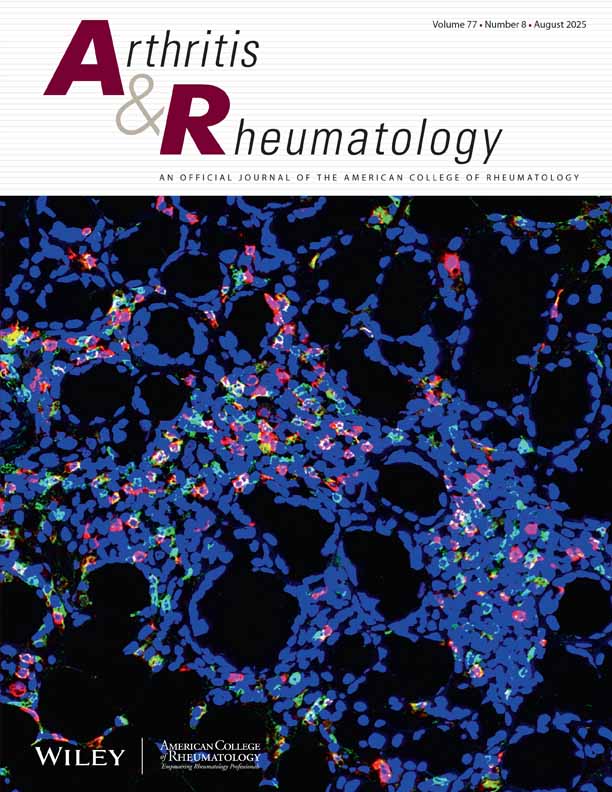Signs of first-degree heart block occur in one-third of fetuses of pregnant women with anti–SSA/Ro 52-kd antibodies
Abstract
Objective
To prospectively investigate the development of fetal heart block in anti–SSA/Ro 52-kd–positive women, and to evaluate the usefulness of serial Doppler echocardiography in detecting early signs of congenital heart block.
Methods
Twenty-four women with anti–SSA/Ro 52-kd antibodies and consequently increased risk for fetal heart block were followed up weekly, between 18 and 24 weeks of gestation, with two Doppler echocardiographic methods designed to estimate the time delay between hemodynamic events caused by atrial and ventricular depolarizations. Two hundred eighty-four women with normal pregnancies served as controls. Anti–Ro 52-kd, anti–Ro 60-kd, and anti-La antibodies were investigated by immunoblotting and enzyme-linked immunosorbent assay using recombinant proteins.
Results
In anti–Ro 52-kd–positive women, fetal atrioventricular (AV) time intervals were longer and heart rates were slightly lower compared with those in controls. Eight of 24 fetuses had signs of first-degree block. One of these fetuses had progression to complete block, and another showed recovery from second-degree block to first-degree block with betamethasone treatment. In the remaining 6 fetuses, spontaneous normalization occurred before or shortly after birth. Fetuses with normal AV time intervals at 18–24 weeks had normal electrocardiographic results at birth.
Conclusion
Anti–Ro 52-kd–positive pregnant women frequently carry fetuses with Doppler echocardiographic signs of first-degree AV block. These blocks revert spontaneously in the majority of fetuses, but progression to a more severe degree of block may occur in some. Serial Doppler echocardiographic measurement of AV time intervals is suggested as a useful method for surveillance of these high-risk pregnancies.




